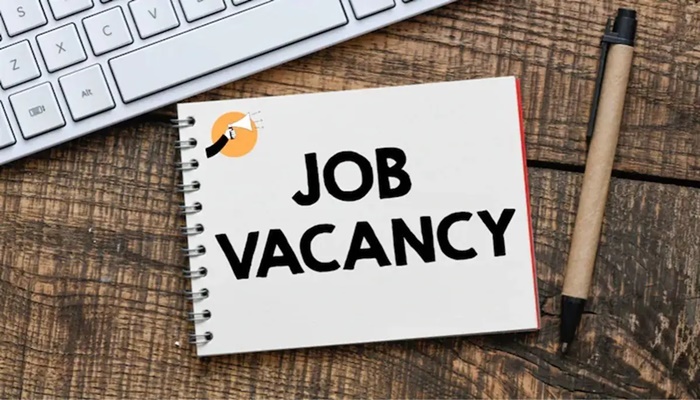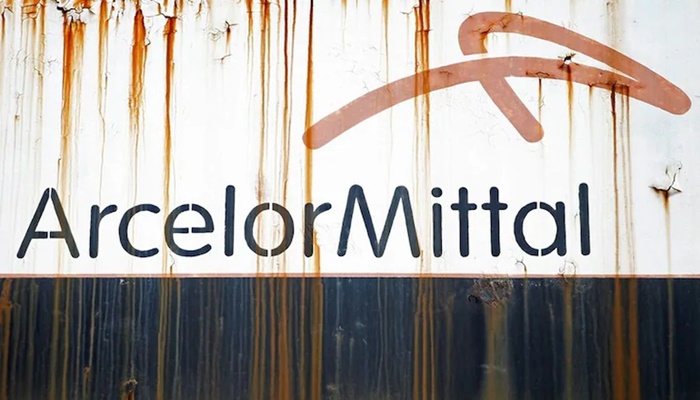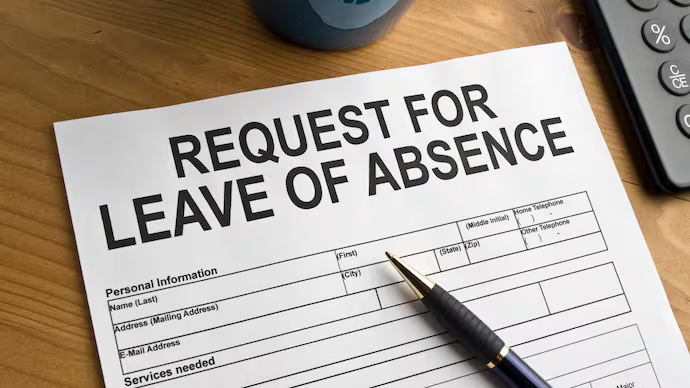A senior manager’s frustrated Reddit post has gone viral, capturing a moment that resonates across corporate corridors worldwide. The complaint was familiar: a newly joined Gen Z employee had the audacity to challenge feedback, demand explanations for criticism, and generally refuse to “know their place” in the traditional workplace hierarchy. What started as one professional’s venting session has ignited a fierce debate about whether younger workers represent a crisis of entitlement or a long-overdue reckoning with outdated workplace norms.
The workplace has always served as a battleground for generational transition, but today’s clash feels particularly acute. For decades, blunt feedback, rigid hierarchies, and unquestioning compliance were the accepted tools of professional development. Gen Z, however, arrives with different expectations: psychological safety, respectful communication, and space for self-expression. What emerges is not merely a disagreement about work ethic, but a fundamental conflict over the very nature of authority, tone, and collaboration.
When respect meets resistance
The divide runs deeper than surface-level workplace etiquette. Older generations, shaped by environments where “paying dues” was sacrosanct, find themselves confronted by young professionals who question why respect shouldn’t flow both ways. The tension is palpable in organisations across industries, where traditional managers struggle to understand why their time-tested approaches now generate pushback rather than compliance.
“You can’t just wait and say that you will give feedback. This is a generation which is on social media and seeks quick acknowledgement. Also, they are open to sharing their feelings very fast on social media. I think that is where matters are getting more attention.”
Pradyumna Pandey, CEO, Promediexcel Learning
“You can’t just wait and say that you will give feedback,” observes Pradyumna Pandey, CEO, Promediexcel Laerning. “This is a generation which is on social media and seeks quick acknowledgement. Also, they are open to sharing their feelings very fast on social media. I think that is where matters are getting more attention.”
This shift reflects deeper societal changes. Unlike previous generations, many Gen Z professionals grew up in homes and schools where their voices were heard and respected. They expect the same treatment at work. When managers deliver criticism with the blunt edge that once passed for professional development, these younger employees don’t just endure it—they reject it publicly, often taking their grievances to LinkedIn or other platforms.
The prevalence of social media has amplified these dynamics exponentially. What might once have been private workplace friction now becomes public discourse, forcing organisations to confront uncomfortable questions about their management practices. The result is a growing disconnect between established professional norms and emerging expectations.
Rethinking the ‘broken’ system”
Yet dismissing Gen Z’s workplace demands as mere entitlement may miss a crucial point. Satyajit Mohanty, VP-HR, Dabur India, offers a provocative reframe: “If our system were so perfect, then no company would have an attrition problem, people would be highly engaged, all companies would be doing very well, which is not the reality.”
This observation cuts to the heart of the matter. Perhaps the younger generation’s pushback isn’t revealing character flaws, but highlighting cracks in existing systems that desperately need repair. Mohanty draws a compelling parallel with historical workplace evolution: the transition from six-day to five-day working weeks once seemed unreasonable to many. Today, it’s an accepted norm.
“That is exactly the reason why most people hate changing something they have set up themselves,” Mohanty notes, “because that leads to either an actual loss of control and power or a perceived loss of the same.” Resistance to change, he suggests, often stems from fear rather than effectiveness.
Perhaps most tellingly, Mohanty points out that Gen Z’s supposed lack of seriousness evaporates when they work for themselves. Their entrepreneurial drive and dedication become boundless when they feel ownership rather than functioning as “cogs in the wheel.” This observation reveals a crucial nuance: the issue may not be laziness or entitlement, but a demand for purpose and meaningful engagement.
Building bridges, not walls
Forward-thinking organisations are beginning to adapt. Rather than fighting generational change, they’re embracing it as an opportunity for evolution. Pallavi Poddar, CHRO, Fenesta Windows, captures this shift: “What we are really seeing is not entitlement but a redefinition of respect. Younger employees are not afraid to speak up when they feel unheard, and this is not necessarily a bad thing.”
The solution lies not in capitulation or resistance, but in balance. HR departments are retraining managers to deliver constructive, two-way feedback rather than one-directional criticism. Hierarchical structures are flattening to accommodate environments where contribution matters more than seniority. Most importantly, leaders are learning to be comfortable with being challenged.
“As a leader, you should be comfortable if your best assumption or best way of working is challenged by a team member,” Pandey emphasises. “Don’t think that you are always right. Those days are gone.”
This evolution requires effort from both sides. Managers must learn to deliver feedback empathetically, while younger employees must accept constructive criticism gracefully. The goal is creating workplaces where different generations can collaborate without eroding trust or effectiveness.
The future of intergenerational workplaces
The viral Reddit post that sparked this debate is merely a symptom of a larger transformation. Every generation redefines workplace boundaries, and every established order initially resists before eventually adapting. The hippies of the 1960s were once dismissed as aimless, only to become responsible leaders. Today’s workplace revolt may follow a similar trajectory.
The question isn’t whether Gen Z is right or wrong, but how organisations can harness their energy whilst maintaining productive cultures. The thin line between respect and entitlement may not be a problem to solve but a dynamic to manage—one that will continue shaping professional norms for years to come. In that management lies the future of work itself.
Source – https://www.hrkatha.com/features/how-gen-z-is-forcing-hr-to-rewrite-the-rules-of-workplace-respect/




















